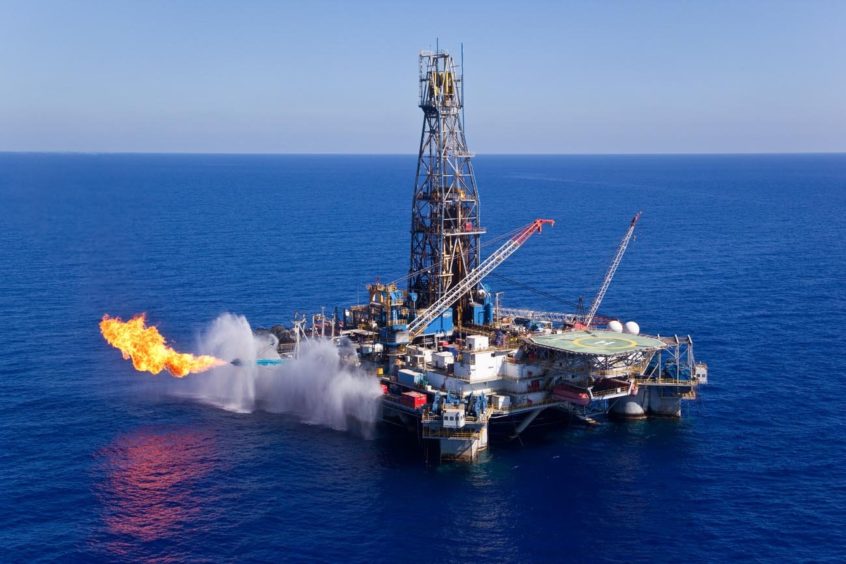
Chevron and partners are keen to increase gas exports to Israel’s neighbours and have made a bid to secure all capacity in a proposed pipeline to Egypt.
NewMed Energy disclosed the plans in its quarterly report today.
The Leviathan partners sell exported gas on an oil-linked basis. Domestic prices, meanwhile, are controlled under the 2015 natural gas framework agreement.
As a result of the 2015 deal, gas is now an attractive alternative to coal domestically. The price of electricity from coal increased by 83% in the first half of the year. Israel plans to halt the use of coal in power generation by 2025.
The companies are working on ways to expand exports, through the Jordan Valley terminal and a new onshore connection. Israel Natural Gas Lines (INGL) is building the latter, which will connect Israel’s transmission with Egypt in Nitzana.
NewMed noted a request for information from the Natural Gas Authority, in June, seeking gas exports for the terminal and the onshore line.
The agency asked companies to estimate how much gas they may want to export through these options. Chevron, the operator of the Leviathan gas field partnership, said it would exercise the options’ full capacity.
The new onshore pipeline, which will run from Ramat Hovav and Nitzana, is in the design stage. It is expected to have 3-6 billion cubic metres per year of capacity.
INGL, this month, said it expected exports via the Ashdod-Ashkelon offshore system should begin in May 2023. It had previously targeted March next year.
The Leviathan partners began exports to Egypt via Jordan in March. This year, volumes are expected to reach 2.5-3 bcm and reach 4 bcm in subsequent years.
Export options
In addition to regional demand, the European Union is increasingly interested in non-Russian sources. Egypt, Israel and the EU signed a memorandum of understanding (MoU) in mid-June on LNG exports from Egypt.
The MoU also saw the EU agreeing to encourage its members to invest in exploration and production of natural gas projects in Israel and Egypt, NewMed reported.
Egypt was the top consumer of Leviathan gas in the first half of this year, receiving 2.5 bcm of gas, ahead of 1.7 bcm for Israel and 1.3 bcm for Jordan. This is also a substantial increase on last year, when Egypt took 1.6 bcm of gas in the first half, and Israel took 2.6 bcm.
Israel began exporting gas from its Tamar field to Jordan in 2017. In 2020, Israel began exports of Tamar and Leviathan gas to Egypt. Such is the growth of Israel’s domestic supply options that it is decommissioning its LNG import infrastructure. The lease for the FSRU will end in October.
